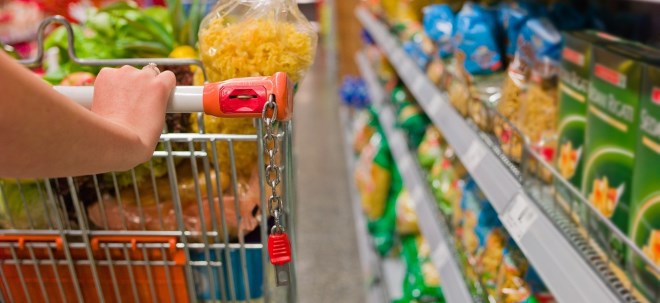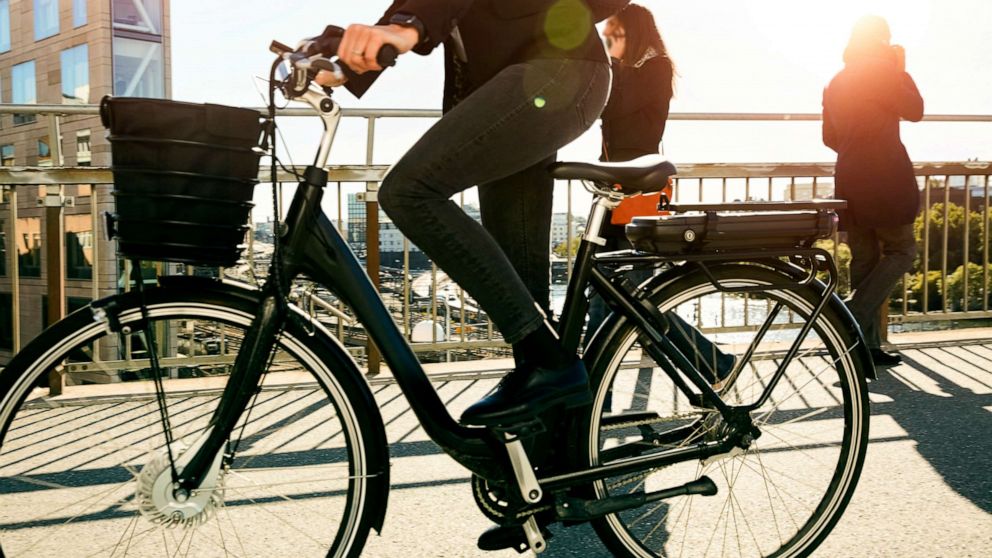1 – Try the unpaid stuff
“The general rule in retail is that goods remain the property of the retailer until they are paid for. Strictly speaking, this means that the consumption of food in supermarkets is subject to legal provisions,” Kaufland said in a statement. doesn’t follow.” Information portal Eco24.
For customers, this means that goods can only be paid for or opened once. That means it’s forbidden to take a sip from a water bottle or nibble on strawberries from a bowl—even if you’re about to stand in front of the checkout. Supermarkets are accommodating for some foods, less so for others. Employees are more likely to give a quick sip from a water bottle just before the checkout pass than to eat candy between shelves, where the packaging can go unnoticed in the bag. If you really want to try it, you can of course ask the staff. If you get permission to try this way, you can do so without hesitation.
2 – Accidentally damage the goods or their packaging
According to the Baden-Württemberg consumer portal, it is allowed in supermarkets to open the packaging to check the ingredients or look at the product. Of course, this only applies if the packaging doesn’t keep the product fresh: plastic packaging for cheese, for example, must certainly remain unopened. So if you open a pack of pens and then close them again, it’s not a problem – as long as the packaging and product are not damaged. If this happens, you will have to purchase the product or pay for the damage.
Supermarkets often make exceptions to this rule when a customer drops and breaks something. Nevertheless, you should inform the staff in this case: that way you can be sure that no one slips on the contents of the pack and gets injured.
3 – Remove items from other people’s shopping carts or baskets
According to section 858 of the German Civil Code (BGB), it is forbidden to remove goods from someone else’s shopping cart or basket. Because: Although the supermarket still owns the groceries, the other customer is already their rightful owner according to this law, explains T-Online, Therefore emptying someone else’s shopping cart or basket is legally known as a “prohibited authorization”.
4 – Replace broken eggs
Like all other packaging, egg boxes can also be opened, explains Stiftung Warntest. However, if an egg breaks, it cannot be easily replaced: each carton carries a batch number containing important data on the size, manufacturer and storage of the egg in the packaging. To mess this system up and avoid penalties, it’s better to reach for the nearest carton that doesn’t contain any broken eggs.
5 – Carry groceries home with the shopping trolley
About 100,000 shopping trolleys are stolen each year in Germany – most criminals are probably not aware of the risk: according to Eco24, the maximum fine for stealing a shopping trolley is up to five years in prison. In fact, unauthorized borrowing of a shopping trolley that you bring back again is only considered a “punishable presumption of use” without criminal consequences.
The media does not explain why the maximum fine is so high. But: with a unit value of 120 to 200 euros, 100,000 thefts for supermarkets result in a loss of about 15 million euros annually, Frank Horst from the EHI Retail Institute in Cologne told information portal NW. It is therefore not surprising that supermarket premises are not allowed to be left with shopping trolleys.
6 – Read the newspaper in front of the checkout
In addition to legal regulations, house rules always apply in supermarkets. For example, in Kaufland, it is forbidden to read or read newspapers and magazines before you have paid for it. The supermarket chain explains to Check24: “The satisfaction of our customers is our top priority. Since we aim to offer flawless products to all customers, we ask them to read only newspapers and magazines after they have purchased them. So each The customer can rest assured that he receives an original, unread product.”
By the way: Unlike many clothing stores, it is not common for supermarkets to exchange goods in perfect condition. Customers have the right to exchange only if the goods are damaged or in poor condition.
editorial office finanzen.net
Image Source: Lisa S/Shutterstock

Reader. Organizer. General creator. Zombie fanatic. Alcohol advocate. Food junkie. Bacon ninja.





